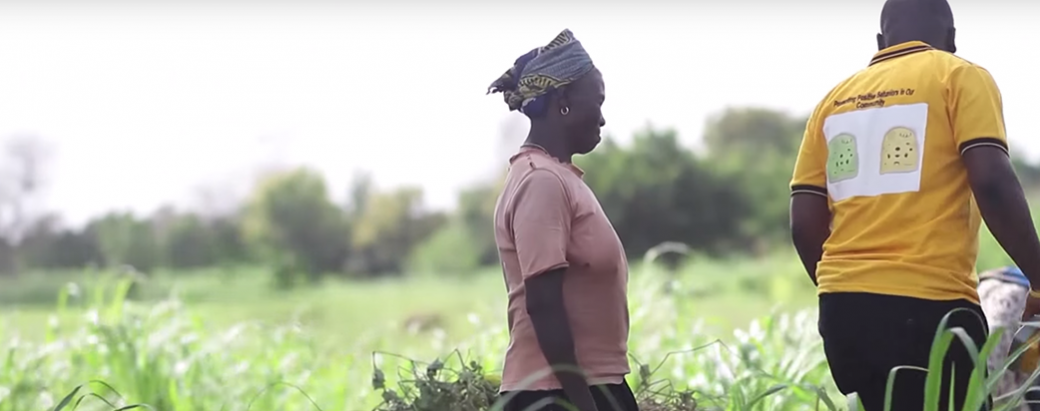
About the Project
This project is one of the 2015 WISE Awards winners.
Through partnerships with local government and non-government agencies, the project produces and records relevant, timely, and practical audio lessons on sustainable farming methods and key health practices. The messages take the form of interviews, songs, dramas, and audio stories that are loaded on to a Talking Book, an affordable audio computer designed for people who cannot read and who have no access to electricity. A series of Talking Books are then distributed by local Community Agents to households within each village in Ghana.
Context and Issue
Solution and Impact
In order to tackle this issue, Literacy Bridge has developed the Talking Book, which is an affordable audio computer designed specifically for people who cannot read and who live without electricity. Local experts easily record their knowledge in an oral form so that it can act like an audio library for people who cannot read. Anyone can then access the information repeatedly, whenever they need to apply it. They can also record their own messages to expand on existing ideas, share new information, or relay feedback to an organization.
One of the strengths of the Talking Book is that it does not require grid electricity, as batteries that people are already using in their flashlights and radios will work fine in a Talking Book. While radio programs reach many people in one live broadcast, they cannot be replayed or shared with those who are unavailable. Mobile phone access is particularly a problem for women as less than nine percent of the one million women in rural areas of northern Ghana have mobile phones. In addition, those with mobile phones rarely have network coverage in their houses or on their farms, which makes the use of voice calls problematic.
Currently, the Talking Book Program reaches 40,000 individuals (in about 5,000 households) in 50 villages in Ghana. By working with local experts such as the Ministry of Food and Agriculture and global organizations such as UNICEF, Literacy Bridge ensures the message content is culturally sensitive, geographically relevant, and appropriate.
Future Developments
Amplio’s future developments include:
• a program specification wizard to help identify program goals and plan content deployments
• a learning portal with interactive lessons and job aids
• a new analytics dashboard to monitor content deployments and Talking Book usage statistics
• a user feedback processing system to help turn qualitative data into quantitative data
• Talking Book 2.0, which includes a rechargeable battery


